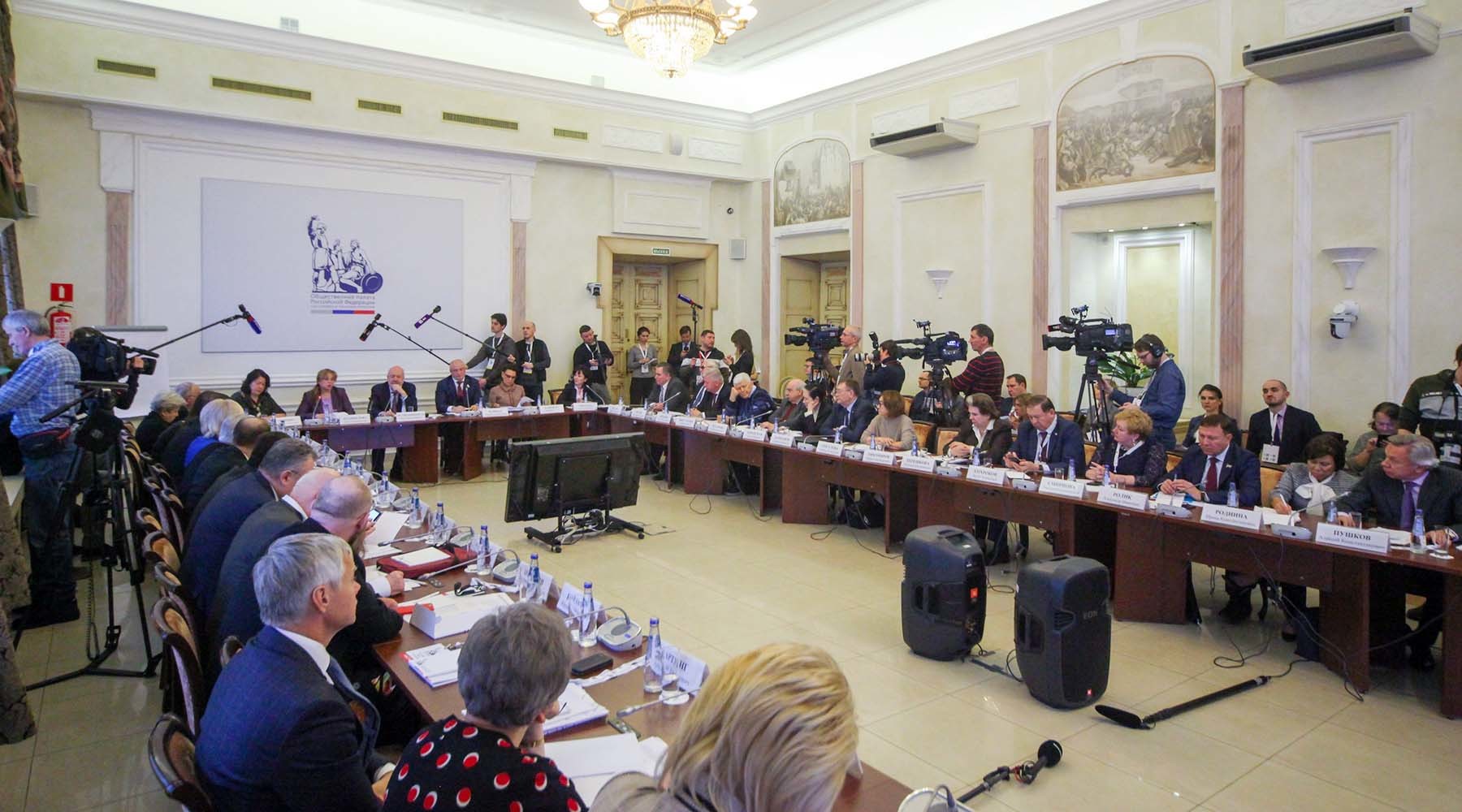The working group to amend the Constitution of Russia received more than 100 proposals, and about 20 more to the State Duma. This was stated by the head of the State Duma committee on state building and legislation Pavel Krasheninnikov, who is a member of the working group.
According to the parliamentarian, those proposals are being considered that are already being evaluated positively in the group, for example, initiatives from cultural figures.
“There are amendments that cause discussion, however, we are moving from quantity to quality. And we have already received over 100 proposals for amendments to the working group and about 20 have been submitted to the State Duma, ”RIA Novosti quoted Krasheninnikov as saying.
He clarified that the working group received 17 proposals, drawn up as amendments.
“We really have a lot of proposals in the form of simply proposals, but there are proposals from the subjects of the law of legislative initiative as amendments already issued ... We have received 17 amendments today at 10:00 - already amendments, not proposals,” the deputy explained.
According to Krasheninnikov, two of the amendments concerning the preamble to the Constitution, other proposals relate to the first and second chapters of the main document, as well as social guarantees.
- The meeting of the working group on the preparation of amendments to the Constitution of the Russian Federation in the Public Chamber of the Russian Federation
- AGN "Moscow"
- © Sergey Vedyashkin
In addition, proposals were received on the status of the Security Council, clarification of the status of the State Council, as well as on changing the procedure for electing the State Duma.
“Of course, the formation of authorities, the organization of their activities is of interest. This, for example, clarification of requirements for a presidential candidate, a change in the name of the country's leader, ”said Krasheninnikov.
Recall that on Thursday, January 23, the State Duma adopted in the first reading a bill to amend the Constitution.
As Krasheninnikov explained to Rossiyskaya Gazeta, the project consists of two blocks. The first of them, essentially, contains the proposals themselves on amendments to the Constitution. The second block defines the voting procedure, the tabulation procedure and which articles will be put into effect immediately and which ones later.
According to the deputy, the second block will come into force only after signing by the president, and the amendments themselves will or will not be introduced only by the results of the all-Russian vote.
Amendment Proposals
Vladimir Putin introduced a bill on constitutional amendments to the State Duma on January 20. A few days earlier, the head of state made a message to the Federal Assembly, where he spoke about his proposals.
According to the president, such measures, in particular, are aimed at strengthening the role of parliament, consolidating the status of the State Council, and increasing social guarantees.
The draft law on the amendment of the main document of the country includes provisions on the requirements for officials whose powers are related to ensuring the country's security and state sovereignty. The document forbade such persons to work if they had the citizenship of a foreign country or a residence permit or other document confirming the right to permanent residence abroad.
In addition, the draft amendment included a provision prohibiting the president of Russia from holding his post for more than two terms, as well as the procedure for appointing the prime minister and other members of the government as president after their candidacies are approved by the State Duma.
As Vladimir Putin explained, thanks to the amendments on the appointment of the prime minister and ministers by the State Duma, a situation arises in which great responsibility rests with the parliament.
“The parliament actually in its final form approves the deputy chairman of the government and federal ministers. In this case, the President does not have the right to reject them. Responsibility, of course, is of a completely different level both for the parliament and the government in relations and in working with each other, ”the president explained during a meeting with members of the working group on the preparation of amendments to the Constitution, which was held on January 16.
Regarding social obligations, the project included items on fixing the minimum wage at a level not lower than the cost of living of the able-bodied population as a whole in the Russian Federation, as well as the provision on the mandatory indexation of pensions and other social benefits.

